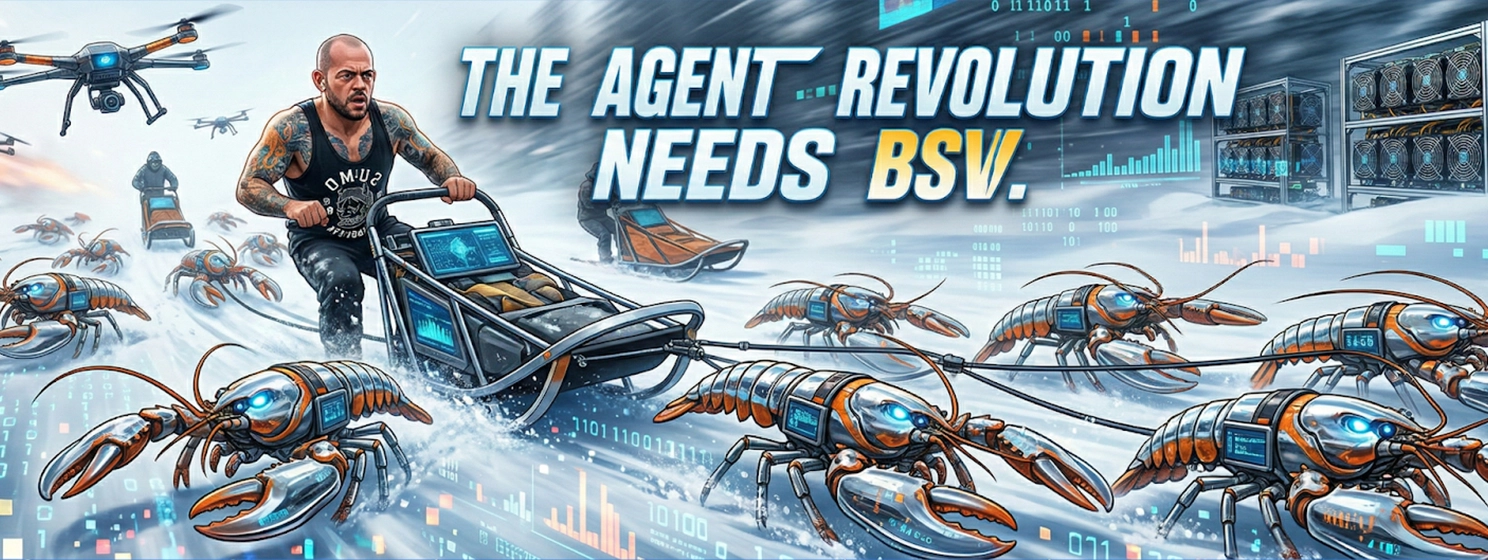|
Getting your Trinity Audio player ready...
|
This is an excerpt of “Decoding ancient languages, DNA storage & AI dream reconstruction” thought piece that is first published on The Digital Wayfinder, the newsletter by George Siosi Samuels tackling topics tackling topics from Web3 to Notion AI and ancient history.
We explore how artificial intelligence (AI) is revolutionizing various fields, including archaeology, data storage, workplace communication, and dream reconstruction. We delve into how AI is being used to decode ancient languages, store data in DNA, transform Slack, reconstruct dreams and explore ancestral memories, and understand the role of culture in technology adoption. From the past to the future, AI is helping us unlock the mysteries of our world and shape the way we live and work.
In the past, deciphering ancient languages has been a challenging task for archaeologists. However, with the help of AI, researchers can now decode these languages much faster and more accurately than ever before. By analyzing patterns and structures in written language via Large Language Models (LLMs), students are now picking up the task of deciphering previously undeciphered texts:
I am working with a group of students at a university that will be decoding the 3000 year old, undeciphered Linear A.
We will be using a number of LLMs and Diffusion models to compare results. If successful we will move on to Vinča and others.
I am certain of robust… pic.twitter.com/D3K8oo57l8
— Brian Roemmele (@BrianRoemmele) May 2, 2023
DNA data storage
Another exciting development in the field of AI is DNA data storage. As digital data storage becomes more and more challenging, scientists are exploring alternative ways to store data, and DNA has emerged as a promising option. With the ability to store vast amounts of information in tiny spaces (up to 700TB in a single gram of DNA), DNA could provide a long-term solution for data storage, ensuring that valuable information is preserved for future generations.
Slack GPT/AI
In the world of workplace communication, my favorite app Slack introduced GPT-powered messaging that will help companies automate tasks and streamline workflows even further. My other tool of choice, Notion, has already rolled out such features as well. By using natural language processing (NLP) and machine learning, these AI-powered apps understand and respond to user requests in a more intuitive fashion, improving efficiency and productivity in the workplace. But you got to see it to believe it:
AI dream construction
AI is also playing a role in “interpreting brain activity.” Researchers have done some tests on mice that allow them to reconstruct full visuals of what mice have watched (e.g., a simple movie). See below:
This is abosutely insane!🤯
Researchers used AI to reconstruct what a mouse sees by scanning its brain activity while it watches a film
CEBRA is a machine-learning method to analyze and interpret behavioural and neural data recorded simultaneously
CEBRA can decode activity… pic.twitter.com/FTEBVOAvVl
— AI Daily (@AIDailyNewsNow) May 4, 2023
With this, I have a feeling AI may soon be used to explore ancestral memories via dreams. How? If data can be downloaded and uploaded via blood and DNA, and AI can be used to interpret previously thought-impossible ancient texts, then what could AI do with information transmitted through brain activity alone?
I definitely see AI being used to capture our own dreams, reconstruct visuals of them, transcribe them for us, and then allow us to be able to reference them at will. The only problem with this is that we might then have a future similar to the movie Inception—where bad actors use dreams and AI to “incept” us at far deeper levels of consciousness.
Conclusion
Finally, it’s essential to understand the role of culture in technology adoption. Cultural factors can play a significant role in how people use and interact with technology (in 2021, I wrote this article in relation to Bitcoin cultures), and understanding these factors is critical to developing effective and culturally sensitive technology.
By incorporating cultural considerations into the design and development process, technology can be better adapted to different cultures and communities.
In conclusion, AI is revolutionizing the way we live and work in numerous ways, from decoding ancient languages to exploring our dreams and understanding cultural influences on technology adoption. As the field of AI continues to evolve, we can expect to see even more exciting developments that will shape the way we live our lives.
Read the full piece and subscribe to The Digital Wayfinder newsletter by George Siosi Samuels here.
In order for artificial intelligence (AI) to work right within the law and thrive in the face of growing challenges, it needs to integrate an enterprise blockchain system that ensures data input quality and ownership—allowing it to keep data safe while also guaranteeing the immutability of data. Check out CoinGeek’s coverage on this emerging tech to learn more why Enterprise blockchain will be the backbone of AI.
Watch: Transformative AI applications are coming
Recommended for you
The views expressed in this article are those of the author and do not necessarily reflect the position of CoinGeek.

 03-04-2026
03-04-2026 




